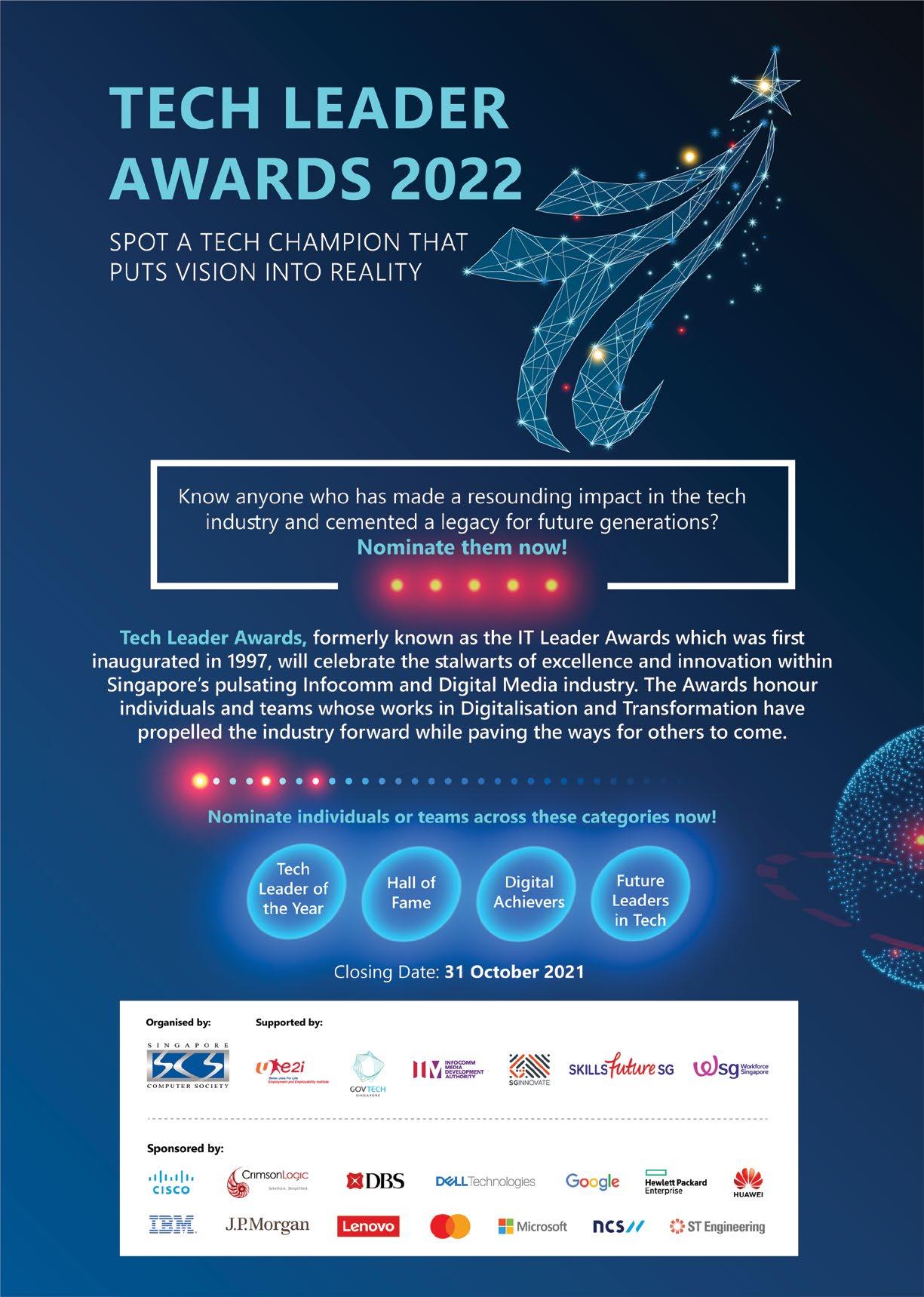
4 minute read
Is Technology Trustworthy Morally Equitable and Ethically Acceptable?
What’s Tipping the Balance in Trust, Privacy and Ethics If Tech is Unbiased?
HARISH PILLAY
Advertisement
Fellow, SCS Head, Community Architecture & Leadership, Red Hat
One often quoted statement is: “technology is neutral – it is not judgemental”. If we accept the preceding statement as reasonable, does it mean that we deem technology to be trustworthy, morally equitable and ethically acceptable? Let’s tease out the issues in this multilayered question.
Most technology is arguably neutral. Take nuclear technology for instance: it generates electricity; it is used in cancer treatment; it also powers spacecraft that enable humanity to explore the universe. Yet, it is one of the most dangerous weapon systems.
Likewise, for water. Life needs water. But too much of it drowns life and too little of it causes death; water in its hot gaseous form can scald while water in its cold solid state can freeze life. Again, water as a technology, is neutral. Like nuclear technology, water does not take a stand.
OUR TRUST IN TECH IS SUPERFICIAL.
Now, take a moment to consider the technology today. The third law of “Clarke’s three laws” says that “any sufficiently advanced technology is indistinguishable from magic”. True enough, it is hard to explain to someone from as recent as the early 20th century what technology can do today.
Case in point, imagine having to explain to our great-grandparents that at a flick of a switch, we can see someone behind the wall or halfway around the world. It will involve detailing the structure that has to be put in place – the device; electronic wiring; silicon mining; physics; manufacturing, transport and business processes; and international shipping and manufacturing agreements – as well as the engineers’ training and education to make that “one flick of the switch to speak or see someone” possible.
Even after all that explanation, it still doesn’t quite tell the whole story about the trustworthiness of the entire process. Can we trust that the technology is safe for use? Is it safe to hold the device next to our head (in case there is electromagnetic radiation)? Can we trust that an unauthorised person will not gain access to that connection? Is it important for the communication to be encrypted? If it is, how can we ensure that the communication is encrypted? Do we understand the mathematics behind symmetric encryption?
The truth is – preceding questions address the trustworthiness of tech at only a superficial level.
THE VALUE WE PLACE IN PRIVACY DIFFERS.
Switching lens, let’s look at privacy. What issues surround privacy where technology is concerned?
It’s worth noting that humans are the only beings with the notion of privacy. Comparatively, non-humans do not exhibit concerns about privacy in any perceivable way. Interestingly however, we cannot agree on what constitutes privacy. On numerous occasions, and in many different cities, I have been told: “I have nothing to hide so I am not too concerned with privacy when it comes to technology.” To these individuals, I always pose the same cheeky question: “I know exactly what and how one does what one needs to do in a restroom – i.e. it is not a secret. And yet, why does one close the door?”
Of course, it is all in the name of privacy. Privacy is a fundamental part of the human condition when we can understand the implication but not how it applies. To illustrate this, take a moment to think about public spaces such as parks, the streets and public transport. When cameras in these public spaces take our photos or videos, we don’t immediately ask questions. We assume that they are taken for a legitimate reason, and trust that they are operated and managed by authorised entities. We are not certain if we can request for a copy of our images/videos taken by cameras in these public spaces, or their deletion.
ETHICAL OR UNETHICAL IS A FINE LINE.
Suppose the public transport we take passes a home that has a camera trained on the street and the ability to capture our image on the public transport, do we have the right to ask that person for a copy of it and its deletion? What if that person is a software developer who wants to test the efficiency and accuracy of his algorithm in facial recognition from a real time camera feed before its actual deployment at a high human traffic point, like a border crossing? Suddenly, the use case seems to be fair and quite acceptable.
But we will never know – that same algorithm could also be deployed by the government to pick out and track targeted people for some less than noble reasons (like ethnicity, etc.). Do we then have the moral and ethical right to object to the use of our creation? Perhaps we do. But even so, it doesn’t necessarily imply that we can prevent misuse.
This brings us back to the start. Technology is neutral – its use or misuse is what determines how it tips the scales of privacy, trust and ethics.






